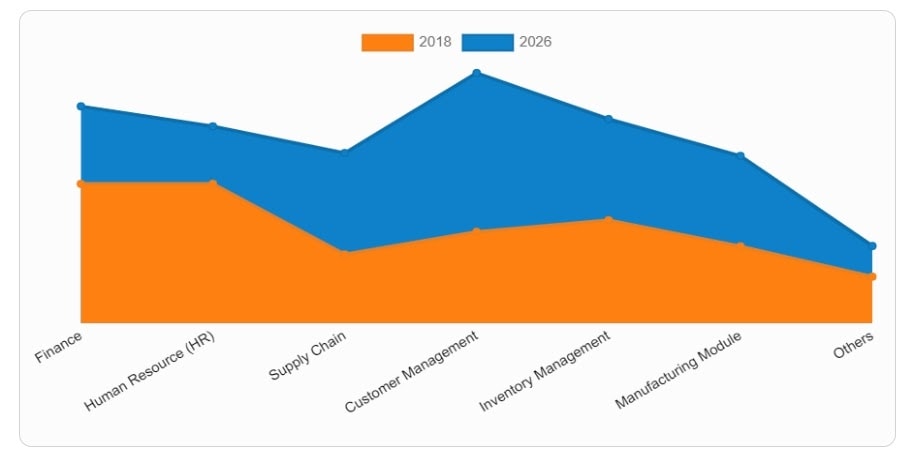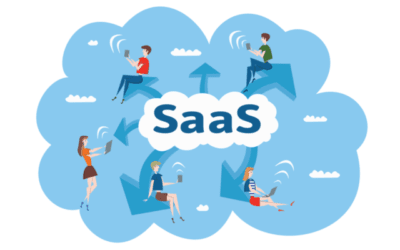According to analytical agency Finances Online, the market capitalization of ERP-systems annually reaches minimum 25 billion dollars (only in 2018 the market volume was 35 billion). And annual growth until 2025 is projected at least 9.7%, if we believe the research company Research and Markets. As experts explain, the increased demand for systems of this class is argued by the active digital transformation of business, increased interest in updated solutions to optimize business processes and the active development of the SaaS-industry. But, nevertheless, ERP-systems are a bubble or a really measurable benefit for companies? Let's look at the current research and figures together, then make conclusions.
The "cloud effect" of resource management automation systems
Cloud ERP-systems allowed companies to completely free themselves from the burden of providing infrastructure, licensing and data storage within the company. In addition, the capabilities of the remote server allow for more flexible and faster implementation of actual functions in the software of companies.
For reference, according to Accenture, 61% of IT-companies placed more than half of the data in the ERP-cloud. And about 6% of them are ready to fully migrate their data to virtual dedicated servers in the next 3-5 years.
Thus, according to Ed Coesar from Marpaso Services, in the next few years developers will actively implement AI and machine learning in ERP for continuous flexible updates and reducing the operating cycle of each individual task. This will make the corporate system practically a living, breathing organism that actively helps the company.
Customized personal solutions for business

If today financial, HR, and supply industries account for the largest share, by the end of 2020 the branch of the championship will leave the aerospace and defense industry, where demand for ERP-systems is projected to grow at 8.86% per year.
Which other industries may already be more complex in processing operational processes?
According to Nick Castellina of Infor, demand and supply in the ERP market may be mutually satisfying in the next few years. After all, business will move from modifiable to personalized solutions. The resource management system market itself will "multiply" and be divided into individual, industrial products for narrow niches.
Fashion or Use: Why do enterprises implement ERP?
In 2018 Panorama Consulting Solutions conducted an intriguing study asking active users to indicate the reasons for implementing ERP. The results impressed even system vendors:
- 64% of respondents said that they really expect improvement of business efficiency;
- 57% of respondents mentioned the key reason for the company's growth;
- 57% of respondents also mentioned the desire to reduce working capital in the company as a reason;
- 54% of respondents also mentioned the importance of improving customer service;
- 49% mentioned simplification of work load as a significant criterion.
Results of the same survey have shown that 95 % of the company really saw improvement of the internal corporate processes noted in survey, after ERP-system introduction.
Fashion or benefit? Judging by the statements of those who have already implemented ERP-solutions, nevertheless, it is useful. But there are still those notorious 5% who did not evaluate the result for business. And, most often, it is either companies that could not choose the right solution provider or small business.
How not to become one of those 5%, read in our next article "ERP and small business: to implement or not to implement?".
Do you want to feel the efficiency of implementation of the company resource management systems? We will develop systems to meet individual needs of your business. Apply for free consultation right now and we will answer your questions!






